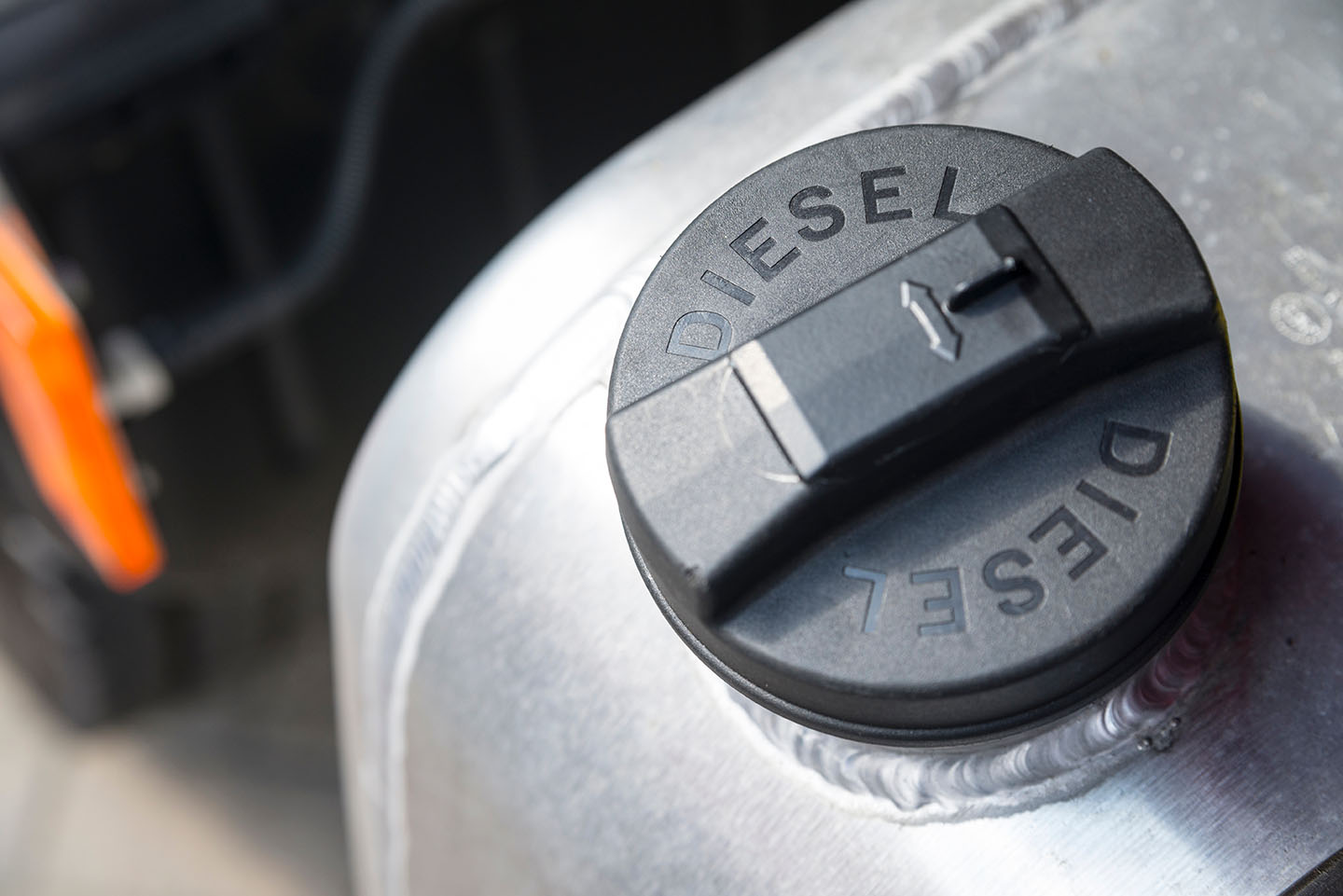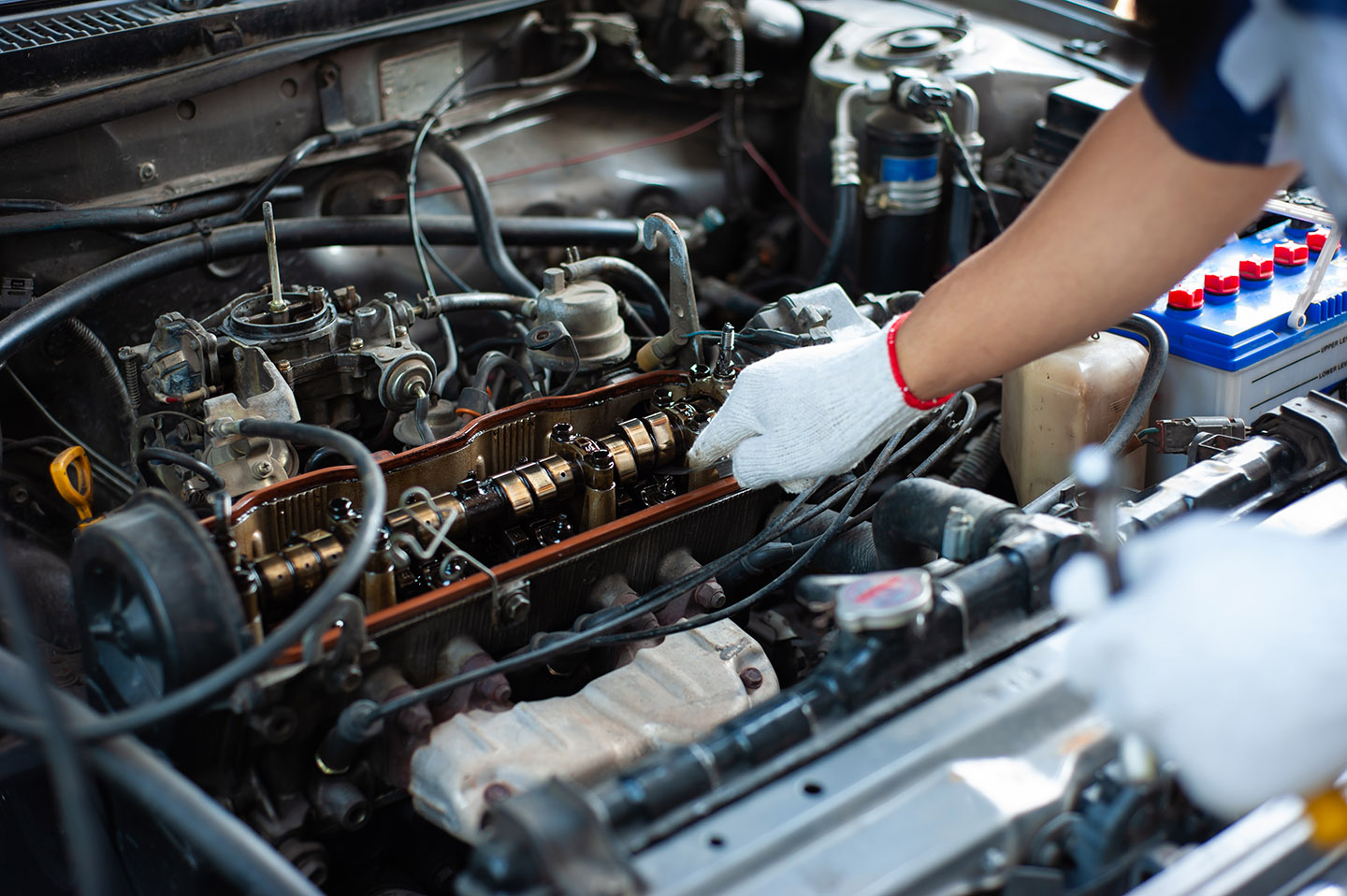4 Benefits of Diesel Engines
May 29th 2023

Shutterstock.com / Car Spotter
Looking to get the most bang for your buck on the road? Then consider going with a diesel engine instead of one that runs on gas. Diesel trucks and fuel tend to get a bad rep with consumers who believe they are polluting the environment, but recent technological advancements have made these vehicles an efficient option for anyone looking to save money at the pump. They now come with exhaust treatment processes that prevent harmful emissions from leaking into the atmosphere as well as smart digital sensors for monitoring fuel pressure and efficiency.
If you already own a diesel, shop for replacement diesel exhaust system parts to limit your vehicle’s effect on the environment. Simply put, these aren’t your grandfather’s diesel trucks. They are well-built machines that will serve you well for years, if not decades, to come. So, what are the benefits of driving diesel?
1. Fuel Efficiency
Diesel vehicles are more fuel efficient than gas-powered vehicles in the same class. Lots of people wrongly assume that diesel engines aren’t as efficient as those that run on gas usually because they associate this type of fuel with large 18-wheelers and industrial equipment. It’s true that large trucks get worse mileage than smaller vehicles, but not all diesel vehicles are made to haul. Today’s passenger diesel cars get up to 70 mpg or more depending on the make and model. Diesel fuel also contains more energy per gallon than unleaded fuel, which is why it tends to be anywhere from 25 to 50 cents more per gallon.
But diesel engines tend to really shine on the highway. That’s where you will get the most fuel efficiency. Experts say going diesel will only save you money on fuel if you drive 10,000 miles on the highway a year.

Shutterstock.com / MelnikovSergei
2. Lasting Value
Diesel vehicles are designed to last the test of time. That’s why they are the preferred choice for those that depend on their vehicles to earn a living. They are made of tens of thousands of individual parts and components that regulate the air and fuel being burned in the combustion chamber. The added complexity gives them an edge over the competition. Gasoline engines also use internal combustion to generate mechanical power, but they use spark plugs to trigger the ignition process instead of highly pressurized air and fuel, which can create all kinds of minor headaches under the wheel, including electrical failure.
Do Diesel Engines Have Spark Plugs?
Instead of spark plugs, diesel engines use glow plugs to heat incoming air and fuel for maximum efficiency. These systems will last up to 1,000,000 to 1,500,000 miles if they are well maintained. Meanwhile, gas-powered cars only last around 200,000 miles on average. Even though diesel vehicles tend to come with a higher price tag, the extra mileage will make it more than worth it. You can also recoup some of your investment by selling the vehicle after a certain number of years.
3. Increased Towing Capacity and Horsepower
Most diesel trucks are also made to haul. They come with more horsepower and towing capacity than gas-powered vehicles to help you move thousands of pounds with your truck without breaking a sweat. The added horsepower will help you accelerate from rest when carrying a heavy load or going uphill to help you go the extra distance. They are perfect for contractors, home improvement DIYers, and those who are constantly on the move. Many of these vehicles are also turbocharged, which will give you an added boost. The turbocharger forces more air through the engine to create additional power.
Browse Turbocharger System Products

Shutterstock.com / Wasan Tita
4. Less Maintenance
You won’t have to repair your diesel engine for some time after you drive it off the lot, assuming you are performing regular preventative maintenance. These cars can go for thousands of miles without needing a fix, but problems will arise if you fall behind on your repair duties. Change the oil often and use the proper additives to prevent clogs that will reduce fuel efficiency.
The exhaust gas recirculation (EGR) cooler can also be faulty on the Ford Powerstroke due to overheating and excess towing. Replace the EGR cooler to avoid damaging the engine. If you want more power without spending more on fuel, invest in a diesel vehicle. Keep these tips in mind to make the right choice based on how much you can afford to spend and how you like to drive.
